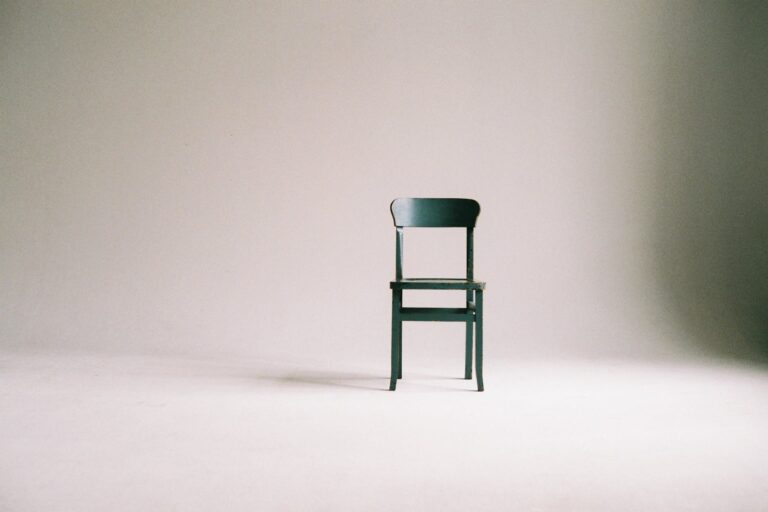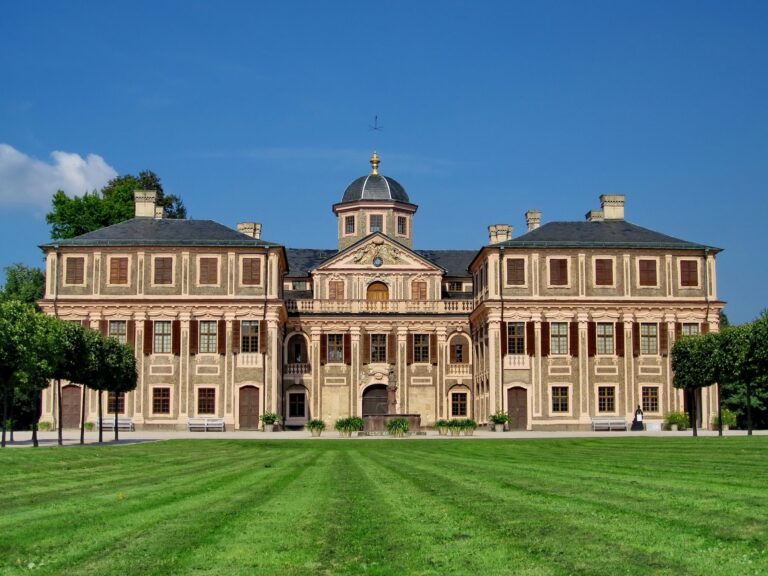How do you define happiness?

The happiest things in life are often very simple.
It’s easy to believe that having more will make us happier and more joyful. With inflation and everything rising in price, coupled with the general perception in society of what defines happiness, it doesn’t take long to think that the more we have, the happier we should be. That’s true to some extent, because too little means the next meal could be a problem. But that doesn’t mean necessarily that having more will make us happier and more content. It seems hard to believe this, but it’s true. Psychologists have demonstrated many years ago that higher income does not necessarily mean higher happiness. There is even a law in statistics called the law of diminishing returns, which actually points to this point. This law states that as we put in more, the amount we get back in return gradually decreases, so that in the end there is not much reward anymore. In other words, we basically become numb. If we look at the most developed countries in the world, statistically, many people are not happy. But when you look at the statistics of poor countries, their people are not necessarily more miserable. In fact, they may not even think such a topic is worth discussing, because they are too busy, busy with life, just wanting to get through their day, and don’t have time to care about having happiness and or not.
So we think happiness might not be a matter of having more or less. Looking back, the last time we were truly happy was probably when we were kids. At that time, we had no concept of material abundance or lack thereof. Regardless of socioeconomic status, we simply availed ourselves to immense and typically infinite joy in the everyday things we experienced. Many of these things are as simple as going out and playing in the grass, or just running around outside, or just playing very simple games like board games. These inconspicuous things were enough to fill us with great happiness. However, when we grew up, it seems that no amount of material wealth can make us experience that kind of joy anymore. We believe this is due to a distorted view of happiness based on unhealthy and dysfunctional expectations from society. After all, we are often compared to others, whether indirectly or directly, when in reality such comparisons are mostly meaningless. Another person’s seemingly wealthy life is likely to be based on his own endowment, and endowment cannot be the same for everyone, so the wealth of others should not be used as a standard for comparison. Everyone can only live their lives according to what they have. This is usually the most realistic. Oftentimes as well behind the conspicuous wealth are other less pleasing truths not wanting to be known. The truth is that chasing “happiness” unrealistically is almost the same as coveting the things we can’t really have. In this process, we will only make ourselves suffer in ultimately failing to achieve this despite our so called efforts, and we will only get farther and farther away from true happiness. We think everyone should realize this and give it some thought.
Sometimes, in silence, when there is nothing around to disturb you, we may find that happiness is simply eating a meal, or going for a walk, nothing more. Because if happiness is material possessions, then not everyone has the opportunity to eat a simple meal or find time for a walk. In fact, being undisturbed even for a short period of time is impossible for many people. So we should be grateful and know that at least some of these are still available to us. That alone should make us happy.
Thanks for reading!




